We must, at Wagah
An Independence Day Friendship Concert at Wagah would make the ultimate jugalbandi of our shared musical heritage.
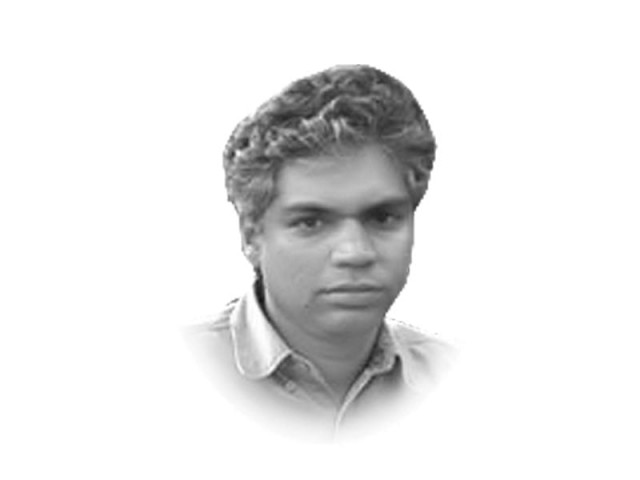
The letter, written in Urdu, English and Hindi and designed by Bangalore artist John Devaraj, read: “Dear Children of Pakistan, let’s join hearts in friendship. Together we can make a better world — The Children of India”. The FWB, the volunteer organisation which organised the campaign, inspired 11,000 Indian children to write letters of friendship to children in Pakistan. They wrote back, too. It was all so promising.
The FWB was working to a grand plan. In August 2007, India and Pakistan would both complete 60 years of independence from British rule. To commemorate the event, the FWB and its partner organisation Routes 2 Roots had planned the greatest-ever musical event from the night of August 14 until the early hours of August 15 on twin stages of the Attari-Wagah border. In this Dil se Dil: Independence Day Friendship Celebration, musicians from both the countries would come together in concert and harmony. The performances would alternate between the stages and be watched by audiences from both sides of the border. The event was to be televised live by major television networks in India and Pakistan. Then, it was suddenly cancelled at the last hour by Indian authorities citing threats to security.
When India’s Foreign Minister, SM Krishna, a native of Bangalore and a great advocate of India-Pakistan friendship, visits Pakistan early next month, he will carry with him another great opportunity to make history. Also a lover of classical music, Foreign Minister Krishna knows that music makes better harmony than the tedious processes of confidence-building measures, second-track talks or cricket diplomacy.
Cricket ties will be resumed, yes — but the matches are simply sublimated battles. They cannot resolve long-nurtured hostilities but simply provide opportunities for ventilation. And the bilateral rhetoric is old, tired and full of baggage. The latest round of talks, too, has ended in the usual stalemate. We have Siachen, Sir Creek, Kashmir and terror and we cannot talk about them without taking up the same impossible positions. But the Aman ki Asha experiment organised by Indian and Pakistani media groups in 2010 has already proved that even if we cannot talk well together, we can really sing well together. Music and the performing arts make it possible. Music, indeed, demands harmony.
Ahead of his trip to Pakistan, Foreign Minister Krishna has said all the right things. He and Prime Minister Manmohan Singh have adopted the Atal Bihari Vajpayee line that we cannot work against geography: “We can choose our friends, but we cannot choose our neighbours”. And, crucially, Foreign Minister Krishna has spoken for “people-to-people engagement”, the tagline for cultural exchange. “I think the people-to-people engagement is an ongoing one. The Wagah border ... has been liberalised. There is greater trade between our two countries now,” he said in Srinagar last week.
The stage, too, is set. India and Pakistan seem to have agreed to finally sign the much-awaited memorandum of understanding (MoU) “for the promotion of arts and culture” during his visit. The MoU, proposed by the Pakistan National Centre of Arts (PNCA), will most likely help India lift the ban on Pakistani television channels. This ban has been an irritant and the appeal by Pakistan’s Senate standing committee on information and broadcasting to allow Pakistani TV content into Indian homes has been long pending. The decision will be popular in India, which has many fans of Pakistani TV dramas. Theatre performances by Pakistani groups have always run to full houses whenever staged in New Delhi and the annual Independence Day Friendship Concert at Wagah would make the ultimate jugalbandi of our shared musical heritage.
Published in The Express Tribune, August 10th, 2012.

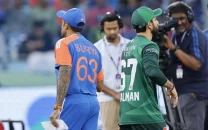
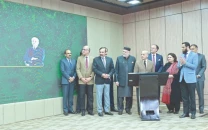
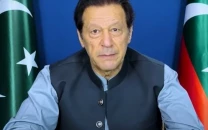
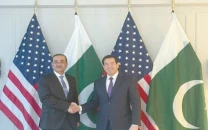














COMMENTS
Comments are moderated and generally will be posted if they are on-topic and not abusive.
For more information, please see our Comments FAQ